Report: Mazda seeking 30% boost in fuel economy with HCCI SkyActiv 2 engines around 2020
Green Car Congress
JANUARY 8, 2014
Automotive News reports that Mazda plans a second generation of SkyActiv engines around 2020 that would achieve 30% better fuel economy than the current line of Skyactiv engines. The engines, according to the report, will use homogeneous charge compression ignition (HCCI). Earlier post.).



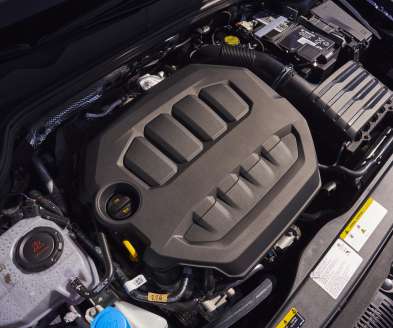






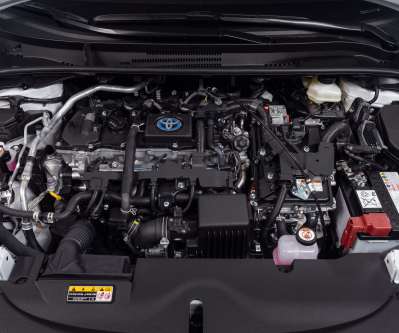











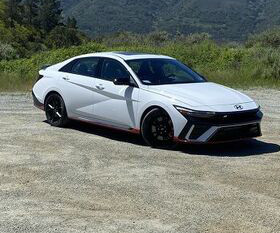







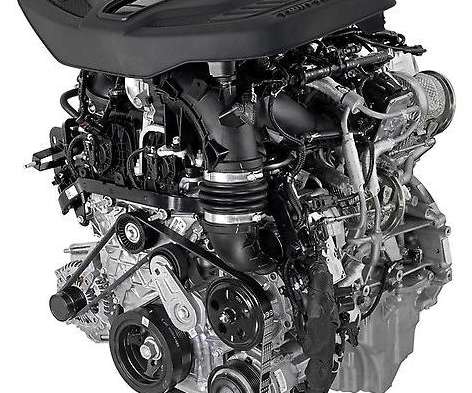


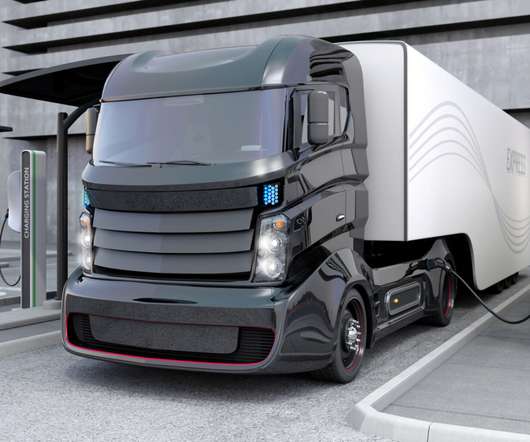






Let's personalize your content